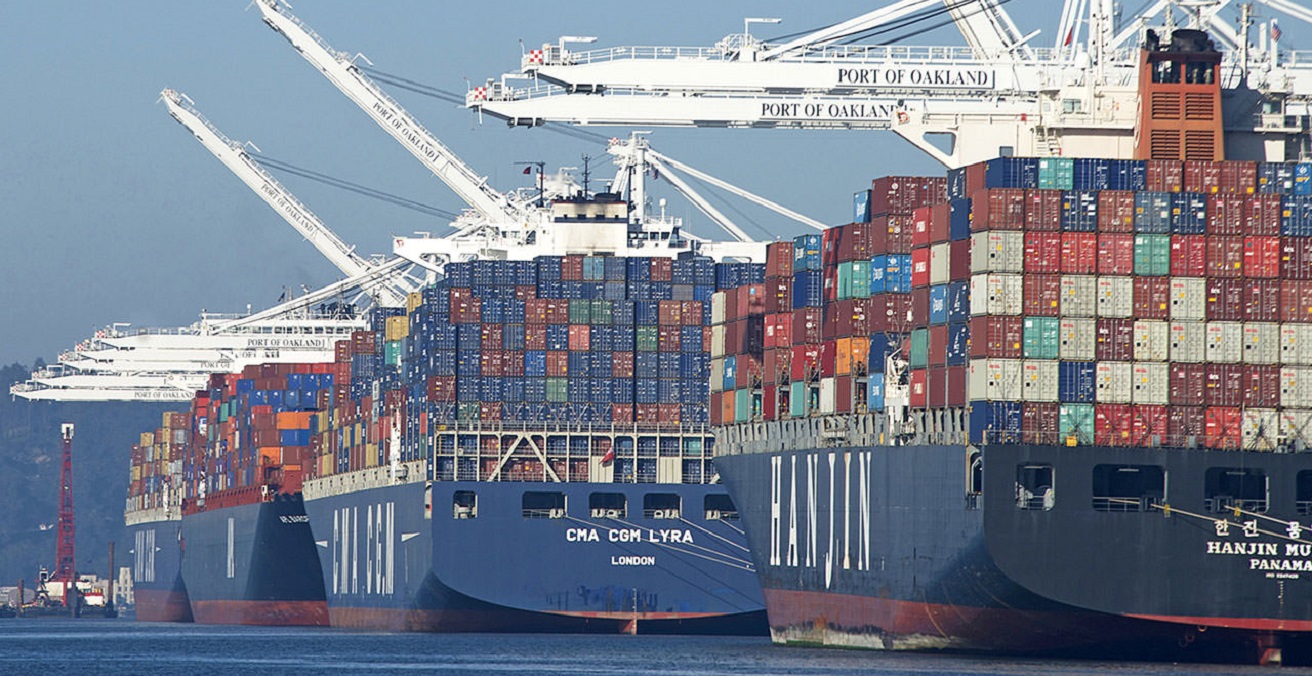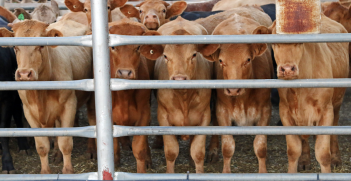Making the Most of Australia’s FTAs in the World of Geo-Economics

With a domestic political climate easily disposed to pragmatic solutions to global trade, Australia is a leading nation on free trade agreements (FTAs). A more holistic strategy, however, is required to avoid the detriments of geopolitics and build resilient trade agreements, including with the European Union (EU), and further diversify supply chains.
When it comes to economic diplomacy, Australia punches above its weight. Over the last two decades, it has been at the forefront of trade liberalisation, negotiating and signing a record number of FTAs with most of its important trading partners. This number exceeds that of the EU and the United States (US) and includes some systemically important emerging economies like India and China. Neither have FTAs with the EU or the US, two players who have also championed trade bilateralism.
These FTAs are a testament to the diplomatic skills of Australian trade negotiators, renowned for their pragmatic approach. This relies on leaving tricky issues, like labour and environmental standards, outside the scope of trade negotiations and pursuing purely economic, not value-driven agreements. This contrasts sharply with the strategies employed by the EU, US, and other developed countries, which make FTAs conditional on a wider set of normative principles, including human rights and sustainability.
Importantly, Australia is not opposed to this form of issue linkage if demanded by a stronger or like-minded partner (see the gender chapter in the new UK-Australia FTA, or labour and environmental chapters in the US-Australia FTA). However, Australia never demands that such issues are addressed in agreements with developing countries, who are often opposed to such provisions, suspecting protectionism in disguise from the Global North. The recent success in concluding a trade deal with India, even more critical for Australia due to China’s slowing economy, is a result of this pragmatic approach. Players like the EU, with its inclusion of sustainable development in FTAs mandated by the strong civil society lobby, will struggle to replicate this success (the EU’s FTA with India has now been decades in the making).
These agreements locate Australia at the centre of the global FTA network known as the “spaghetti bowl,” helping to improve global supply chain resilience and diversify trade relations amid the concerns of overreliance on China. This position should in theory assist Australia to withstand the protectionist storm sweeping the world today. Led by the US and its geo-economic competition with China, this mercantilist push, started by Donald Trump and continued by President Joe Biden, threatens the rules-based trade order critical for Australia’s prosperity as a smaller open economy. The EU and others have reacted to recent protectionist measures coming from the US with their own host of unilateral policies, increasingly wrapped in sustainability rhetoric. Australia and other like-minded middle powers have so far resisted this push, continuing to advocate for new trade deals and the multilateral rules of the World Trade Organization (WTO) on which FTAs are ultimately built.
This approach can only go so far in a new order dominated by large systemic players with their domestic and foreign policy agendas. Yet it remains a key foreign economic instrument at Australia’s disposal, which is feasible both politically and economically. Crucially, Australia is still a lucky country as free trade remains overwhelmingly popular with the Australian public (the government does not need to sell FTAs and present them as “fair” by linking agreements with social issues) compared to other parts of the world. New deals are unlikely to be met with much opposition from various domestic actors, including civil society; this is the opposite of what has been witnessed in Europe and North America. Street protests against free trade are virtually unknown in Australia where the public prefers to mobilise around domestic issues.
This means Australia can and should double down on its existing FTA approach. Aside from obvious economic benefits in the form of investment, growth, and jobs, this would signal to reluctant and prevaricating players, including the US and China, that there is still appetite for rules-based trade liberalisation in large parts of the world. To this end, it is important for Australia to conclude a deal with the EU. Negotiations have been arduous and have come to the brink of collapse, plagued by the EU’s insistence on the use of geographic indicators, in turn perceived as a threat by Australian farmers. Yet, the recent examples of Canada and New Zealand managing to achieve workable compromises with the EU on this, and sign trade deals are encouraging and could provide an instructive lesson for Australia.
Looking ahead, Australia should also explore new partnerships with like-minded countries in both developed and developing worlds. Agreements with members of the European Free Trade Association (EFTA) and other regional economic blocs, including among emerging economies, should be seen as an attractive way to gain access to the new growing markets, diversify trade relations further, and defend the global rules of trade. Helping expand membership in regional trade agreements that Australia is part of, including the CPTPP (Comprehensive and Progressive Trans-Pacific Partnership) and RCEP (Regional and Comprehensive Economic Partnership), to new eager entrants like the UK can also go a long way in solidifying trade ties and making them costly to break.
Certain issues would need to be addressed to make FTAs deliver as intended. Critically, FTAs could be modernised and linked with rules encouraging innovation and investment in new growth sectors like green technology and manufacturing. Australian FTAs also remain somewhat under-utilised. Designed to remove red tape for importing and exporting businesses, they often end up creating additional regulatory compliance costs. As a result, many firms, especially those small and medium-sized, struggle to take advantage of FTAs to gain access to foreign markets, continuing to rely on tariffs set by the WTO instead.
FTAs remain critical for trade cooperation in a world faced with rising geo-economic competition and a protectionist surge. If Australia is to make the most of this instrument, it needs a clearer FTA strategy and to think more holistically about which partners it could engage with and which rules it should promote. Enabling the implementation of existing FTAs at home and abroad should also be a priority. While not a perfect substitute for power politics, smartly negotiated FTAs can help Australia and its partners hedge against instability and risk in this uncertain geo-strategic environment, sending a strong signal to others.
Evgeny Postnikov is Senior Lecturer in International Relations at The University of Melbourne. His interests revolve around international trade policy and politics, especially trade agreements and labour and environmental provisions. He has published widely on these topics and is the author of Social Standards in EU and US Trade Agreements (Routledge 2020). His most recent research, funded by the ARC, is on the politicisation of trade agreements.
This article is published under a Creative Commons Licence and may be republished with attribution.





